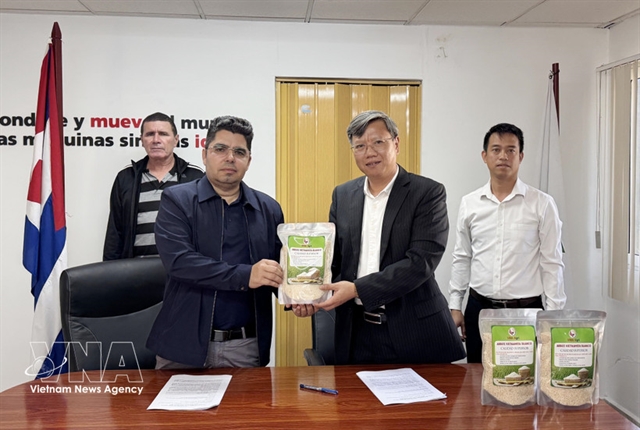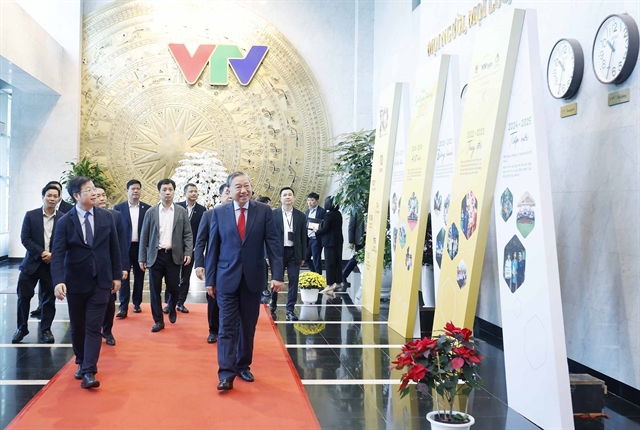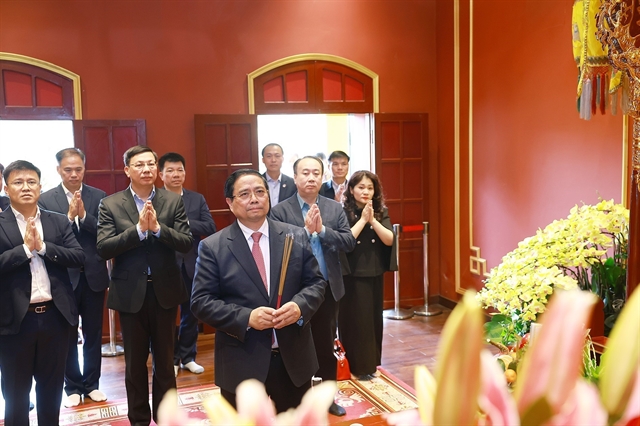 Society
Society
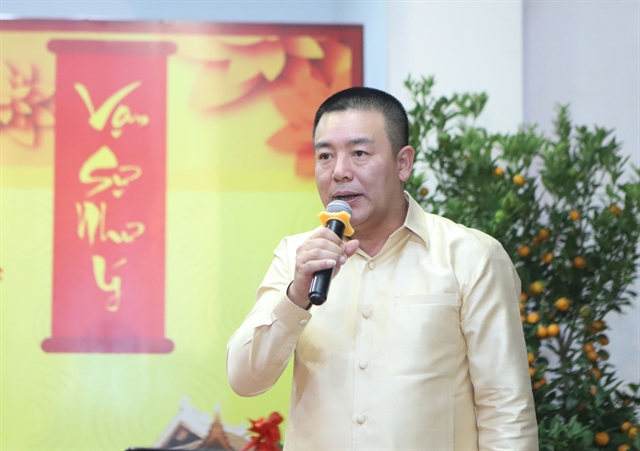
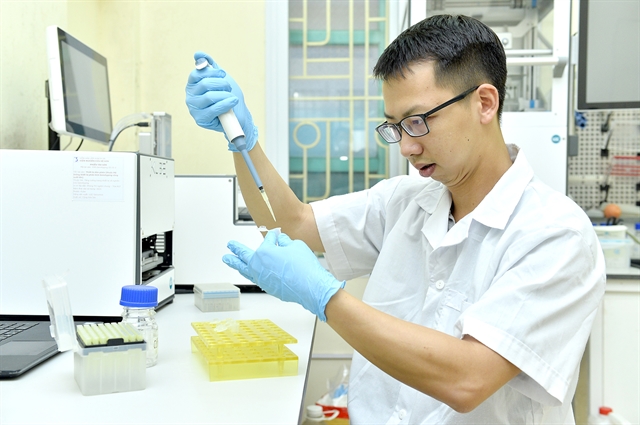 |
| Ngô Ngọc Hải, a researcher at the Institute of Genome Research, conducts sample analysis on genetic resource diversity.—VNA/VNS Illustrative photo Minh Đức |
HÀ NỘI — The National Foundation for Science & Technology Development (NAFOSTED) under the Ministry of Science and Technology has worked to reconcile the rigours of international standards, the free spirit of science and the need to meet the strict requirements of the national financial framework over the past 15 years.
NAFOSTED was founded under Decree No. 122/2003/NĐ-CP of the Government of Việt Nam and officially started operation in 2008.
Former Minister of Science and Technology Hoàng Văn Phong said that everyone thought NAFOSTED's activities were similar to those of international organisations, but in reality, it was operated both as a State financial institution and a public non-business unit.
At the time NAFOSTED was established, the budget for science and technology was still modest, only about VNĐ2.5 trillion (US$103.2 million) per year.
The science and technology ministry was not allowed to spend the entire budget, as it was also allocated to 63 provinces and cities and 41 central agencies including ministries and other organisations, he said.
Therefore, NAFOSTED's operating capital was only about VNĐ200 billion ($8.2 million) at that time, approximately 10 per cent of the budget for science and technology activities for the nation, he added.
Last year, some private sector funds also sponsored science and technology.
This competition with private sector funds led the foundation to innovate, from funding categories and the amount of funding to how to evaluate proposals and implementation results. It also strengthened the foundation's position as a national science funding organisation, a scientist at the Việt Nam Academy of Science and Technology told Khoa học & Phát triển (Science & Development) online newspaper.
According to the scientist, in advanced countries, generous budgets are poured in every year to create more working opportunities for scientists. The GDP of advanced countries is large, so their funds for developing science and technology based on GDP are large.
In Việt Nam, the funds for developing science and technology are small because our GDP is small.
That was the reason why although the foundation wanted to expand its sponsorship categories, diversify its sponsorship activities or give more funds to young researchers, it could not.
“We don't have too much funding, so we focus on sponsoring some core content because our (annual budget) is only a thousandth of theirs (advanced countries),” said former head of the foundation Đỗ Tiến Dũng.
According to Decree No. 19/2021/NĐ-CP of the Government, which amended and supplemented a number of articles of Decree No. 23/2014/NĐ-CP, the funding and financial management for the fund/foundation follows the annual budget allocation mechanism.
This led to funding for the foundation being significantly slow. In 2021 and 2022, the foundation could not sponsor new topics in the Basic Science Research Programme. In 2023, the funding resumed but the budget was less than VNĐ300 billion ($12.4 million).
Nông Văn Hải of the Institute of Genome Research under the Việt Nam Academy of Science and Technology said that VNĐ300 billion ($12.4 million) to invest in basic scientific research in Việt Nam each year was too small.
“If it wants to develop the science sector, the State must invest strongly in scientific research. If the State only invests moderately, it is a waste,” he said.
In response to the situation, Deputy Minister of Science and Technology Trần Hồng Thái told the foundation to urgently make proposals to improve the legal structure and remove obstacles so that the foundation can operate in accordance with its original design as an agency that sponsors and supports scientific and technological research with international standards, attracting and receive funding from both inside and outside the State budget. — VNS

